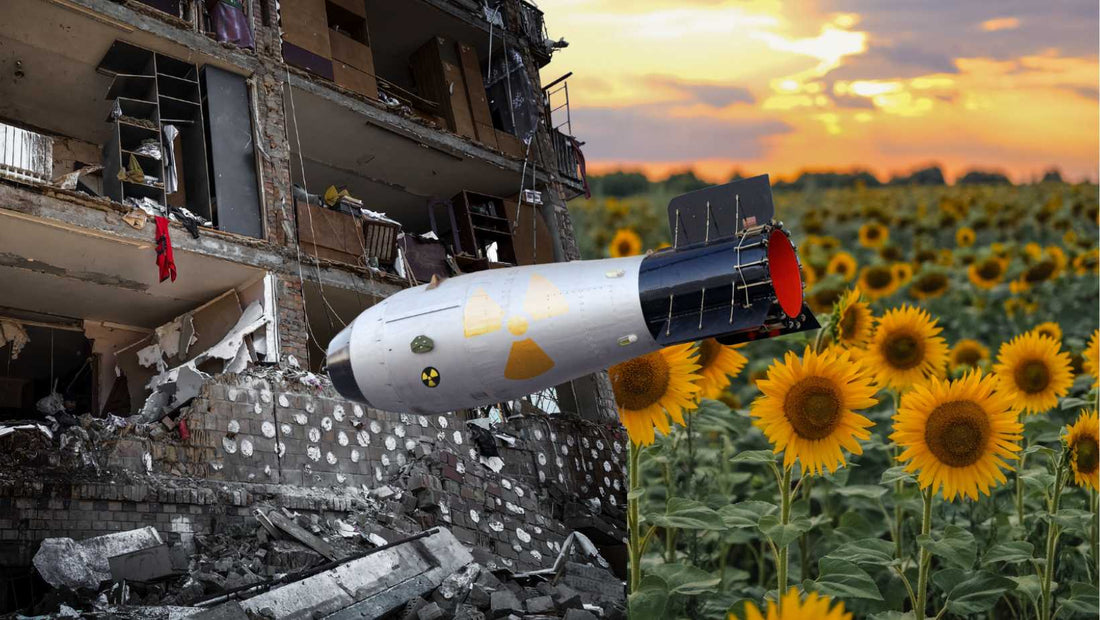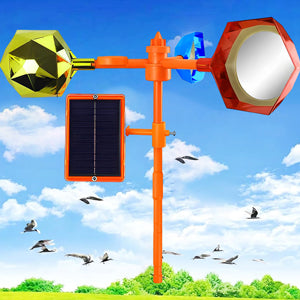
Impacts of the Russia-Ukraine War on Indian Farmers: Navigating Challenges for Sustainable Agriculture
Share
The Russia-Ukraine war has far-reaching consequences for Indian farmers, presenting a multitude of challenges that directly affect their livelihoods. From rising input costs to disrupted exports and supply chains, the war's repercussions are causing significant strains on the agricultural sector. Moreover, the psychological toll on farmers due to uncertainty and insecurity exacerbates their difficulties. It is crucial to address these issues and implement sustainable measures to ensure the long-term well-being of Indian farmers and the agricultural industry.
-
Heightened Input Costs: Escalating prices of vital agricultural inputs like fertilizers, pesticides, and fuel exert financial pressure on farmers, making it increasingly challenging for them to turn a profit. The government can assist by providing additional financial support to help farmers cover these augmented costs.
-
Reduced Exports: Ukraine and Russia are key exporters of essential commodities such as wheat, corn, and sunflower oil. The war's disruption to their export activities leads to inflated global prices for these products, making it more difficult for Indian farmers to export their crops and earn foreign exchange. To counteract this, the government should focus on expanding the export of Indian agricultural goods to compensate for the reduced availability of Ukrainian and Russian commodities.
-
Uncertainty in Supply Chains: Global supply chains for agricultural commodities have been significantly disrupted by the war. This creates a sense of uncertainty for Indian farmers who are uncertain about accessing necessary inputs and selling their crops profitably. The government can play a crucial role in establishing resilient supply chains, ensuring that farmers have reliable access to inputs and markets.
-
Psychological Impact: The war's uncertainties and insecurities have profound psychological effects on farmers, leading to anxiety, stress, and potential negative impacts on their mental and physical health. The government should prioritize mental health support programs, providing counseling services and assistance to help farmers cope with the psychological toll of the crisis.
To address these challenges effectively, the Indian government must take proactive measures:
Financial Assistance: Increase financial aid to farmers, specifically targeting the rising costs of agricultural inputs. This will alleviate the burden on their budgets and enable them to sustain their operations more effectively.
Insurance Schemes: Introduce comprehensive insurance schemes to protect farmers from crop losses caused by the war. These schemes will provide a safety net, ensuring that farmers are not devastated by unforeseen circumstances.
Crop Diversification: Encourage farmers to diversify their crops, reducing dependency on a few commodities. By promoting a wider range of crops, farmers can mitigate the impact of price fluctuations and market disruptions caused by the war.
Sustainable Practices: Promote the adoption of sustainable agricultural practices that help reduce input costs and enhance overall resilience. Techniques such as organic farming, water conservation, and efficient resource management can create a more sustainable and cost-effective farming ecosystem.
Through comprehensive support and strategic planning, the Indian government can protect the livelihoods of its farmers and bolster the agricultural sector. By mitigating the adverse effects of the Russia-Ukraine war, India can ensure sustainable food production for its population while safeguarding the well-being of its invaluable farmers.










